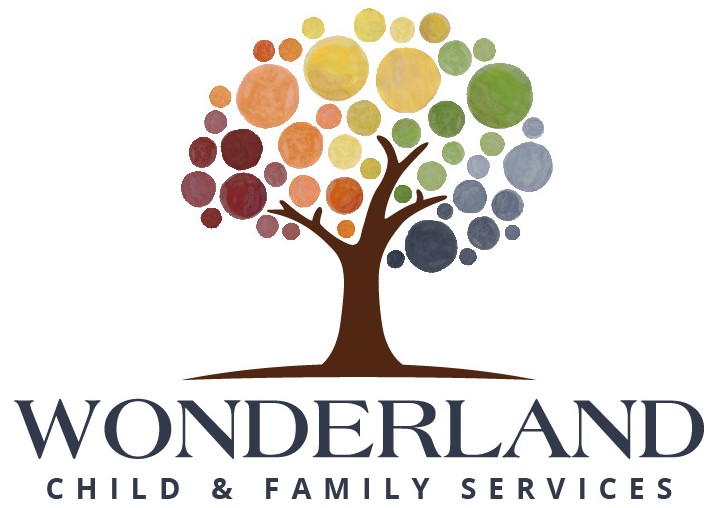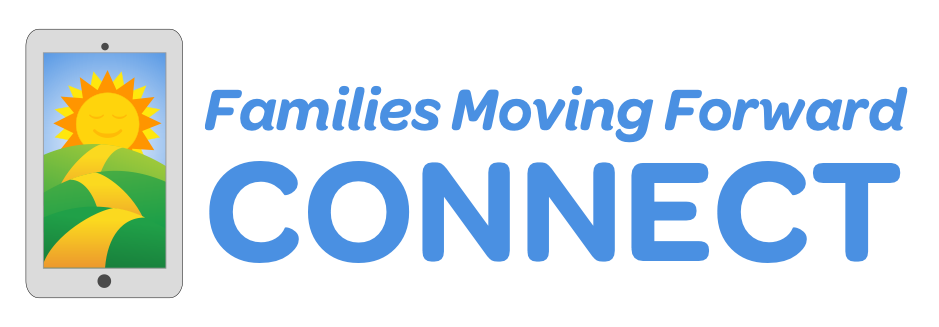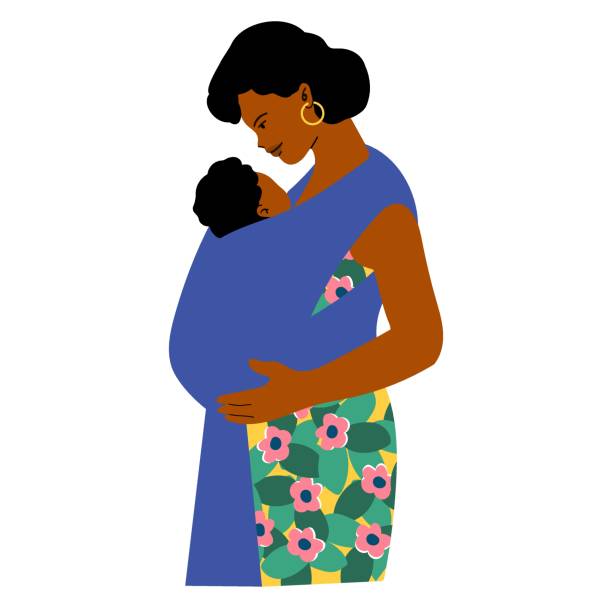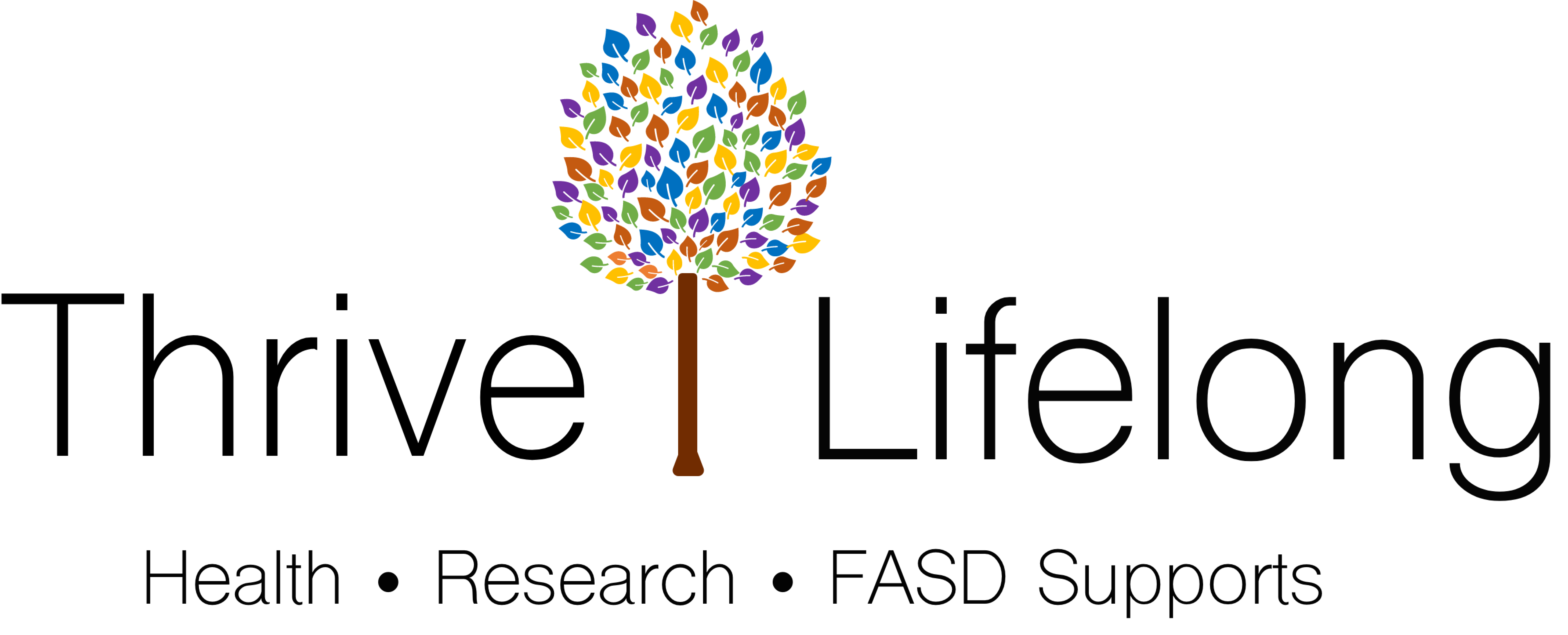Newsletter - June 2022

Tip of the Month
It is important that children with FASD know that all feelings are ok to have. Caregivers can help them learn this by expressing that they understand and accept how the child feels. This can be true even if they don’t agree with the behavior. Caregivers can also help children label their feelings. This can also help caregivers and children feel more connected and help the relationship grow. Talking about the children’s feelings can help caregivers and children get ready for problem-solving when everyone is calm.
Wonderland Child and Family Services

Wonderland Child and Family Services is a clinic that specializes in trauma- and FASD-informed care based in Shoreline, Washington. This clinic really does feel like a “wonderland” with the variety of support and services available for children and families. These services include the Early Support Program, Hope Rising Clinic, Parent Education Classes, and support groups.
The Early Support Program is like other early intervention programs in that they get families connected with an early service provider after evaluation. The provider works with the child on general developmental assistance, as well as specific areas of concern or need.
Their Hope Rising Clinic is for children with suspected or confirmed prenatal substance exposure and offers diagnosis and individual therapies for children. These therapies include occupational therapy, speech services, behavioral mental health services, the Families Moving Forward (FMF) Program, and the Good Buddies program (an evidence-based intervention for children with FASD that focuses on social skills). By the end of the year, Wonderland is expecting to add two more evidence based FASD treatments, Parents and Child Together (PACT) and Math Interactive Learning Experience (MILE).
The supports don’t just extend to the children though; parents and families can benefit from Wonderland through the variety of services offered. There are parent education classes, parent support groups, a Parent in Recovery support group that is starting up this month, and access to a resource coordinator. This resource coordinator does exactly what their title sounds like, they work with the family to help them find resources they need and get them connected. As director of programs, Alex Lundy, describes it, “It can range from…finding a new psychiatrist to a sensory friendly gymnastics class.”
Staff at Wonderland are in frequent communication with experts in the FASD field to provide effective, new, and up-to-date services to their clients. Wonderland Child and Family Services celebrated three years as of May 2022, and despite the COVID-19 pandemic shutting down a lot of services, the Hope Rising Clinic saw their enrollment numbers double in both 2020 and 2021, speaking to the need for resources like this in the FASD community.
Future goals for Wonderland focus on providing more support and resources specific to biological parents. Wonderland staff see the specific barriers to care that biological parents often face, such as transportation, language, and stigma, and are working toward breaking down those barriers.
For more information on the Wonderland Clinic, their services, and how you can connect with them, please visit their website at: https://wonderlandkids.org
FMF Connect Enrollment

There is still time to participate! Sign up before it’s too late!
Participants needed for a Randomized Control Trial (RCT) for FMF Connect!
Are you a parent or caregiver of a child aged 3-12 with Fetal Alcohol Spectrum Disorder (FASD) or Prenatal Alcohol Exposure (PAE)? You may be eligible for this study!
FMF Connect is an app designed to help parents and caregivers of children with FASD or PAE by providing useful information to manage their children’s condition and gain peer support.
FMF Connect is looking to enroll caregivers in the United States who have an iOS device (iPhone or iPad). This trial would include completing surveys and testing out the app on your time! Monetary compensation is available for participants.
Already enrolled? Help us spread the word! You can send other parents and caregivers to our website or have them email us!
Please email fmfconnect@urmc.rochester.edu if you have any questions.
My Health Coach Survey Opportunity

Adults needed for Fetal Alcohol Spectrum Disorder (FASD) mobile health app research!
The next step of the Adult App project is here, which involves an online surveys for adults with FASD to provide feedback on initial design prototypes. Adults with FASD around the world can participate as long as they are 18+ and have sufficient enough English proficiency to complete the survey.
This app hopes to provide resources, tools, and information to improve physical health and quality of life for adults with FASD or known prenatal alcohol exposure.
Click the link below to go to the survey!
Please consider sharing the survey on your relevant platforms: https://bit.ly/FASDApp
Already enrolled? Help us spread the word! You can send other parents and caregivers to our website or have them email us!
Email Emily_Speybroeck@URMC.rochester.edu with any questions.
Research Corner

Developmental, Sensory and Behavioral Outcomes Among Infants and Toddlers with Prenatal Alcohol Exposure
Misty Pruner, Tracy Jirikowic, Carolyn Baylor, Susan J Astley Hemingway.
Children with prenatal alcohol exposure (PAE) are often impacted in developmental, sensory and behavioral areas. This can lead to a fetal alcohol spectrum disorder (FASD). An early diagnosis can be a protective factor to buffer against later adverse outcomes. However, an early diagnosis of FASD can be difficult to obtain due to stigma and low awareness in the community and healthcare systems.
To inform practitioners, researchers at the University of Washington are working to describe the impacts of PAE in the domains of neurodevelopment, sensory processing, and emotional and behavioral functioning. They analyzed data of 125 infants and toddlers with PAE ages 2 to 42 months. These infants and toddlers were assessed by therapists about their development. Their caregivers completed questionnaires on their child’s sensory processing abilities, as well as behavioral and emotional problems.
The results showed that overall, 99% of the infants and toddlers had delays in at least one domain. In the developmental domain, they had largest delays in adaptive behavior and language. All infants and toddlers who had data for sensory processing measures showed delays in at least one sensory domain. More than half of the infants and toddlers had behavioral and emotional problems.
These findings indicated that PAE can impact children’s development in the first few years of life and emphasize the importance of raising the awareness of PAE, and early screening, assessment, and intervention.
